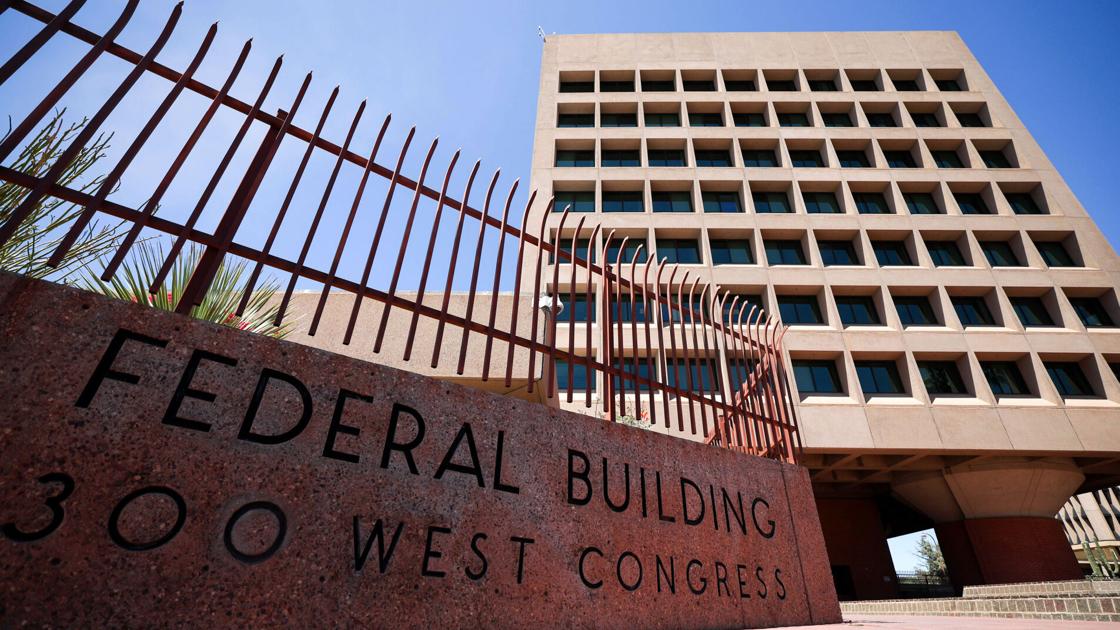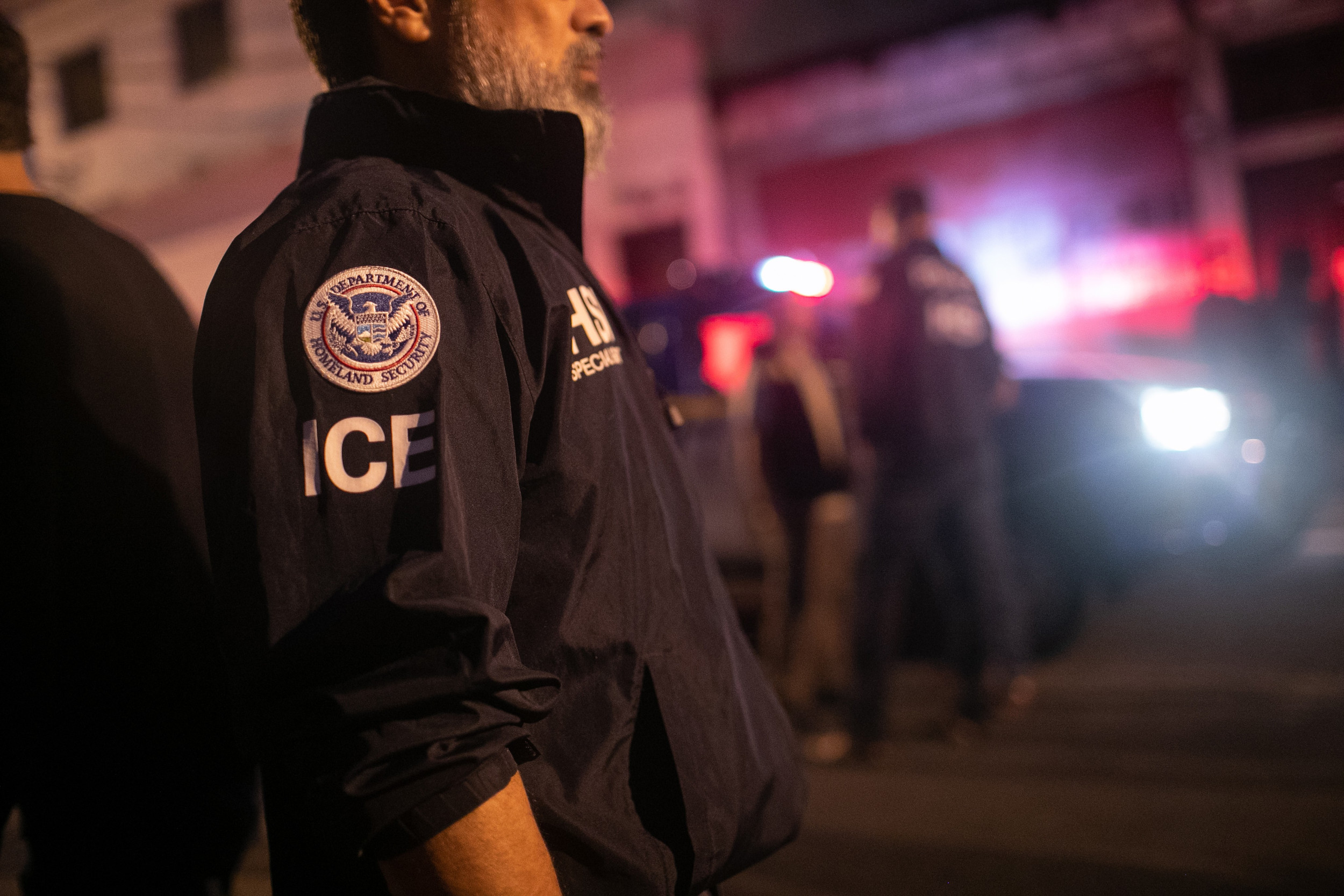
May 30, 2025, 10:33 AM EDT/UpdatedMay 30, 2025, 11:13 AM EDT
By
The Supreme Court has granted the Trump administration’s bid for permission to revoke temporary legal protections for more than 500,000 immigrants from Cuba, Haiti, Nicaragua and Venezuela pending further litigation, in a decision that a two-justice dissent said creates devastating consequences.
The administration had asked the high court to halt a Massachusetts judge’s order that stopped the Department of Homeland Security from revoking a Biden-era grant of temporary relief (called “parole”) to noncitizens from those countries.
Justices Ketanji Brown Jackson and Sonia Sotomayor dissented. In her dissent, joined by Sotomayor, Jackson criticized the majority for letting “the lives of half a million migrants unravel all around us before the courts decide their legal claims.” She said the court let the government “do what it wants to do” while “rendering constraints of law irrelevant and unleashing devastation in the process.”
Calling the high court’s intervention Friday “not appropriate,” the Biden appointee said the court’s decision created “significant problems” for the migrants in this case that far exceeded any potential harm to the government. On the one hand, she said, they could choose to leave the U.S. and confront dangers in their native countries, family separation and risk forfeiting their ultimate legal claims. On the other hand, she said, they could stay in the U.S. after their parole termination and “risk imminent removal at the hands of Government agents, along with its serious attendant consequences.”
The majority did not provide an explanation for granting the administration’s application, as is typical when deciding emergency appeals.
“This application seeks to correct a recent, destabilizing trend in immigration cases,” U.S. Solicitor General John Sauer wrote to the high court May 8, in one of many emergency applications to the justices in Donald Trump’s second term, as many judges find legal issues with the administration’s actions. This case is one of several urgent government appeals involving immigration specifically.
“The previous Administration granted parole categorically to aliens from Cuba, Haiti, Nicaragua, and Venezuela, resulting in the parole of 532,000 aliens into the United States,” Sauer wrote. He argued that the Massachusetts judge, Obama appointee Indira Talwani, failed to properly defer to Homeland Security Secretary Kristi Noem’s discretion to revoke parole. The judge said case-by-case review was required.
Opposing emergency relief, lawyers for the immigrants wrote that the government was seeking the high court’s permission “to execute the largest mass illegalization event in modern American history.”
They wrote that if the district judge hadn’t blocked the administration, then “approximately half a million Cubans, Haitians, Nicaraguans, and Venezuelans lawfully in this country would have become undocumented, legally unemployable, and subject to mass expulsion on an expedited basis.” They said the judge “properly held that Plaintiffs are likely to succeed in proving that Secretary Noem’s decision to trigger the first ever mass revocation of parole contravened express limits on her authority and was predicated on an erroneous legal conclusion.”
Subscribe to theDeadline: Legal Newsletterfor expert analysis on the top legal stories of the week, including updates from the Supreme Court and developments in the Trump administration’s legal cases.



